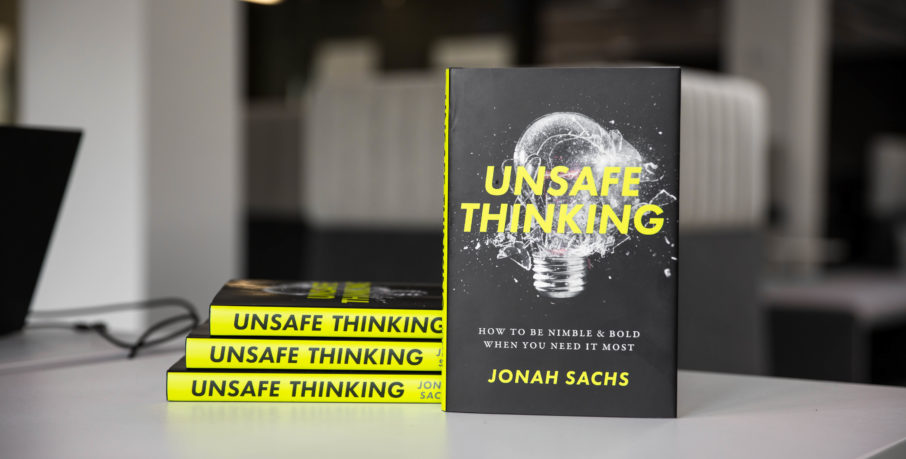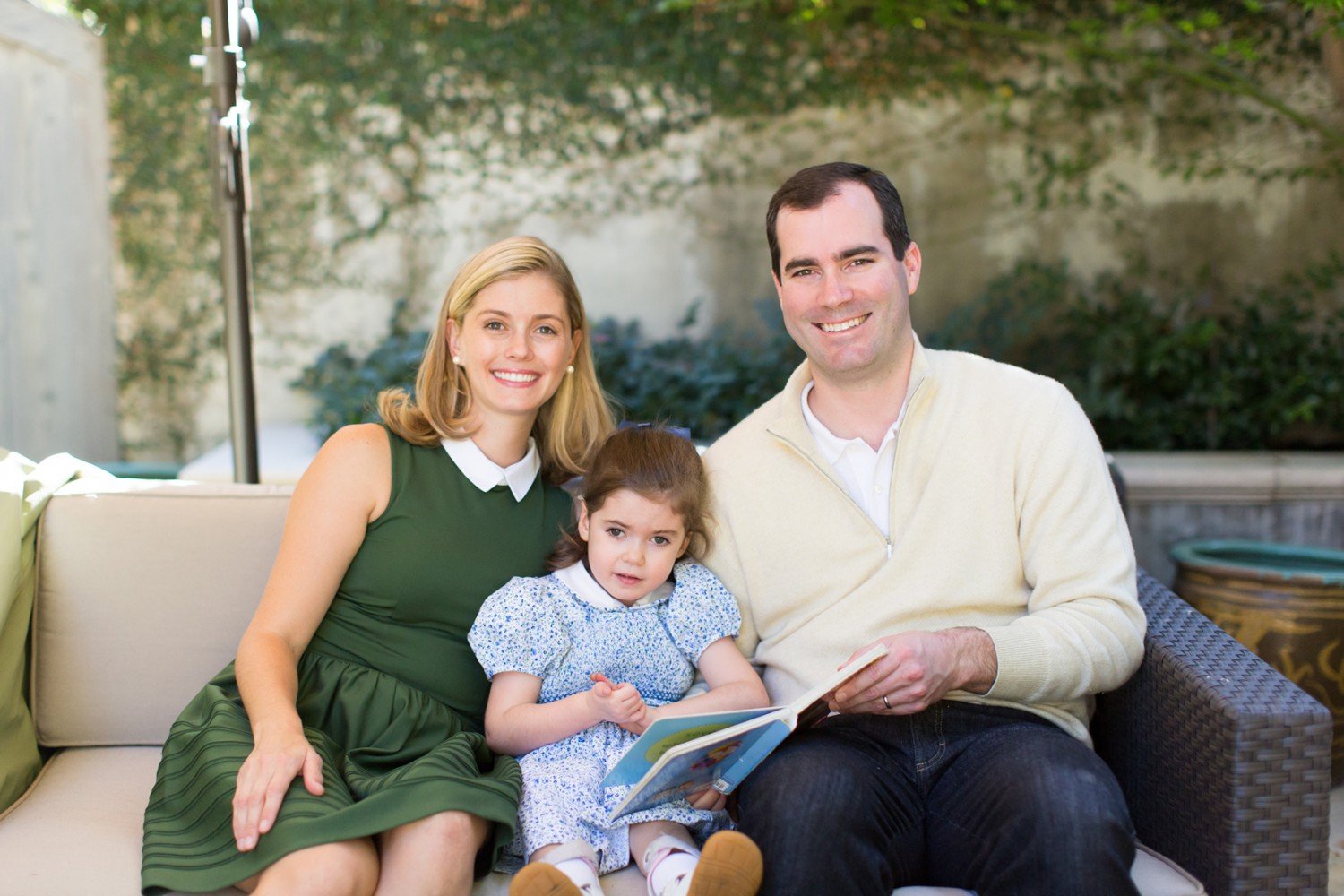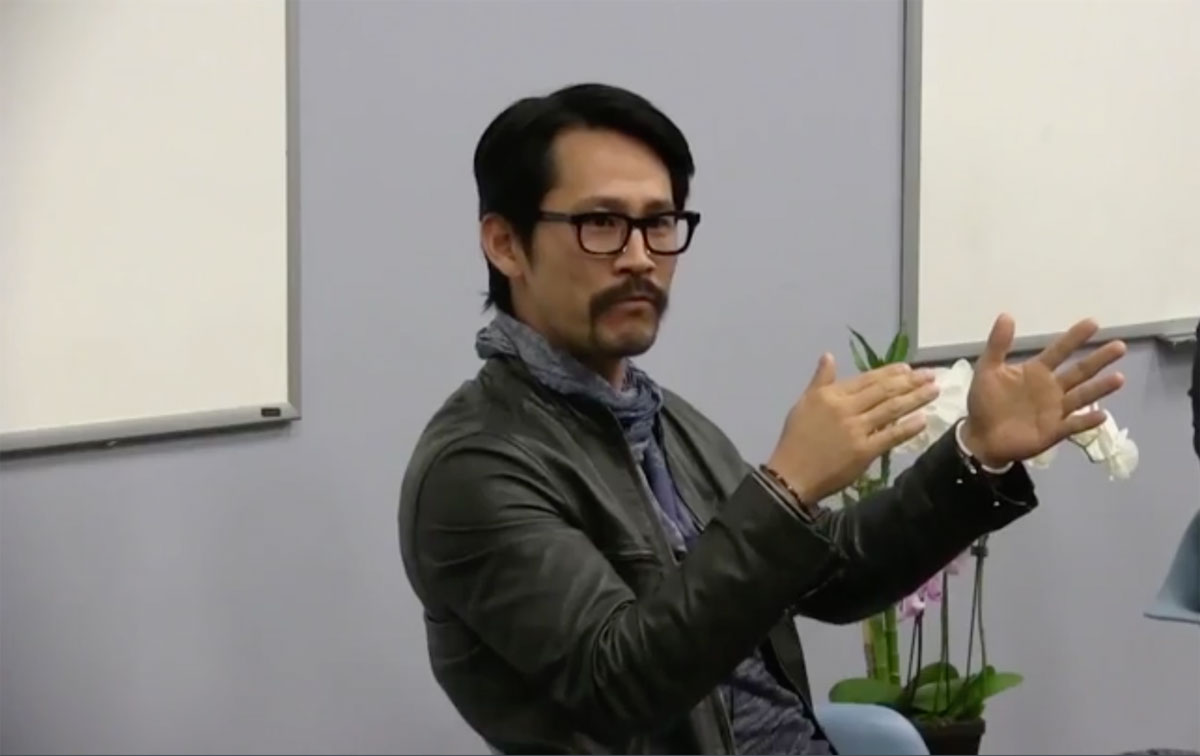If there’s one thing I have learned in all of my work with the organizations we partner with, it’s that relationships matter. Almost without fail, great relationships—full of trust, empathy, and open communication—lead to great outcomes.
At Free Range, we don’t care much for the word vendor. We like to tell our clients at the outset of a project that our clear goal is to become partners. Much of my time is spent trying to make these partnerships the best they can be. What I’ve found is that it’s rare that everything magically falls into place—like any important relationship, you’ve got to work at it.
That’s why we reached out to our clients to understand from their view what really makes our work together click. Their responses are something like a 5 Habits of Effective Partnerships, and hopefully they offer guidance for how your organization can more effectively work with outside organizations.
1. Partners tap into collective strengths
Successful partnerships require both parties to bring their unique gifts to the table. At Free Range, we believe in creating a new dynamic where each partner can admit what they know and don’t know, where their respective strengths lie, and what their blind spots are. This creates a balance between expertise and a beginner’s mindset, confidence and humility. Only then is it possible to take the unique experiences, knowledge, and insights from each partner and harness them to be more innovative and creative than either party could be on their own.
"Free Range helped us envision how we can make an even greater impact with our work. Throughout our strategic planning process, the Free Range team listened to us and heard our needs while also offering their creative and confident insights—something they never had a shortage of! They were always ready to facilitate a healthy debate and wisely encouraged us to examine and question our assumptions. What we really appreciated is that they weren’t afraid to admit when they didn’t know something. By the end of the project, they had brought our collective ideas and insights together into a terrific plan that our organization is thrilled to now be executing on!"
—Robert Thomas, Executive Director, Mindful Schools
2. Partners take a long view
It is critical that partners encourage one another to take a long view. It can be easy to focus narrowly on the task at hand—a new strategic plan or a powerful new website—without keeping in mind how each piece of the puzzle supports a larger vision. Partners, on the other hand, start by making sure they first understand the big dreams and audacious goals at stake. From there, they are able to make sure everything they create together serves the larger goals, no matter how simple the task at hand might seem. That mindset can turn an innovative new program offering into a catalyst for long-term growth or a modern brand into the rallying cry for a movement.
"We are tackling an incredibly complex medical problem at Grace Science Foundation. We needed an innovation firm that could help us through big, long-term challenges while at the same time executing on the smallest details in the immediate term. Free Range has been an outstanding partner on multiple fronts and has helped us reach truly bold goals."
—Matt Wilsey, President & Co-Founder, Grace Science Foundation
3. Partners are willing to take risks
We believe strongly in the power of unsafe thinking to drive greater impact. Unfortunately, the opposite—safe thinking—is often the norm in vendor/client relationships, as each party seeks to avoid rocking the boat and tries to keep everyone impressed but never truly surprised. Too often this results in favoring the status quo and producing bland work that doesn’t serve the larger goals. Partners, however, should be willing to question assumptions, offer seemingly crazy ideas, and explore ways to approach the problem differently.
"At Coming Clean, we work in the complexities of environmental health and justice every day but have struggled to convey what we really do. Before jumping into what we assumed would be the solution, Free Range encouraged us to take a step back. Together we evaluated our assets, the needs of our stakeholders, and the unique challenges that we needed to solve for. While it felt risky at first, we ultimately arrived at a more comprehensive solution that better tells our story and meets our audiences where they're at."
—Judy Robinson, Executive Director, Coming Clean
4. Partners have tough conversations
Good relationships require a willingness to have tough conversations. Partners recognize that the process is not always going to be easy or comfortable—and they see that as a good thing. As a result, partners are willing to have difficult conversations to ensure ultimate success. They give honest feedback when the other misses the mark, they never simply say what the other wants to hear, and they are willing to confront the emotions of change head on and work through them together. In doing so, partners ensure that the unsaid becomes said, pushing one another to produce work that really changes the game.
"A respectful, mutually inspiring give-and-take between an org and an agency (and vice versa) is a hard thing to get right. The Free Range team manages to pull it off, largely through deep listening. They listened to our take on religious pluralism, the fusty science and social theory that undergirds our work, and weren’t afraid to go deep with us and our mission. They listened, considered, and only then did they challenge some of the tired orthodoxy and programmatic in-speak that was a barrier between our work and our constituents. If listening is a lost art, the Free Range team seems to have found it."
—Nasser Asif, Director, Marketing & Communications, Interfaith Youth Core
5. Partners are one team
At the end of the day, we believe partners should see their relationship like a team—one team. When partners recognize that their individual successes are inextricably linked, they build trust. From this foundation, all the habits mentioned above become easier to live out. The expectation that one party should have all the answers is replaced with a “let’s figure it out together” mindset. A request to execute on a particular task becomes an opportunity to explore how best to achieve the goal at hand. And the fear of sharing risky ideas or having tough conversations dissipates as each party gains confidence in the respect they have for one another. What’s more, partners who behave as one team are able to pick up one another’s slack when times get crazy, create and execute on long term plans, and—let’s face it—have more fun.
“Free Range is simply an extension of our team, and the deep and strategic partnership we’ve built throughout our time working together has consistently reinforced that. Free Range knows us. They believe in our mission, advocate for our work and have adopted our successes and challenges as their own. They are one of our most trusted thought partners and an uncommonly creative sounding board on which we regularly rely. In times when things are particularly hectic, they are the first ones to step up and ask how they can help get our shared, big ideas across the finish line. We trust them, and working with them rarely feels like work.”
– Blake Johnson, Vice President of Strategy, Communications, Complete College America




